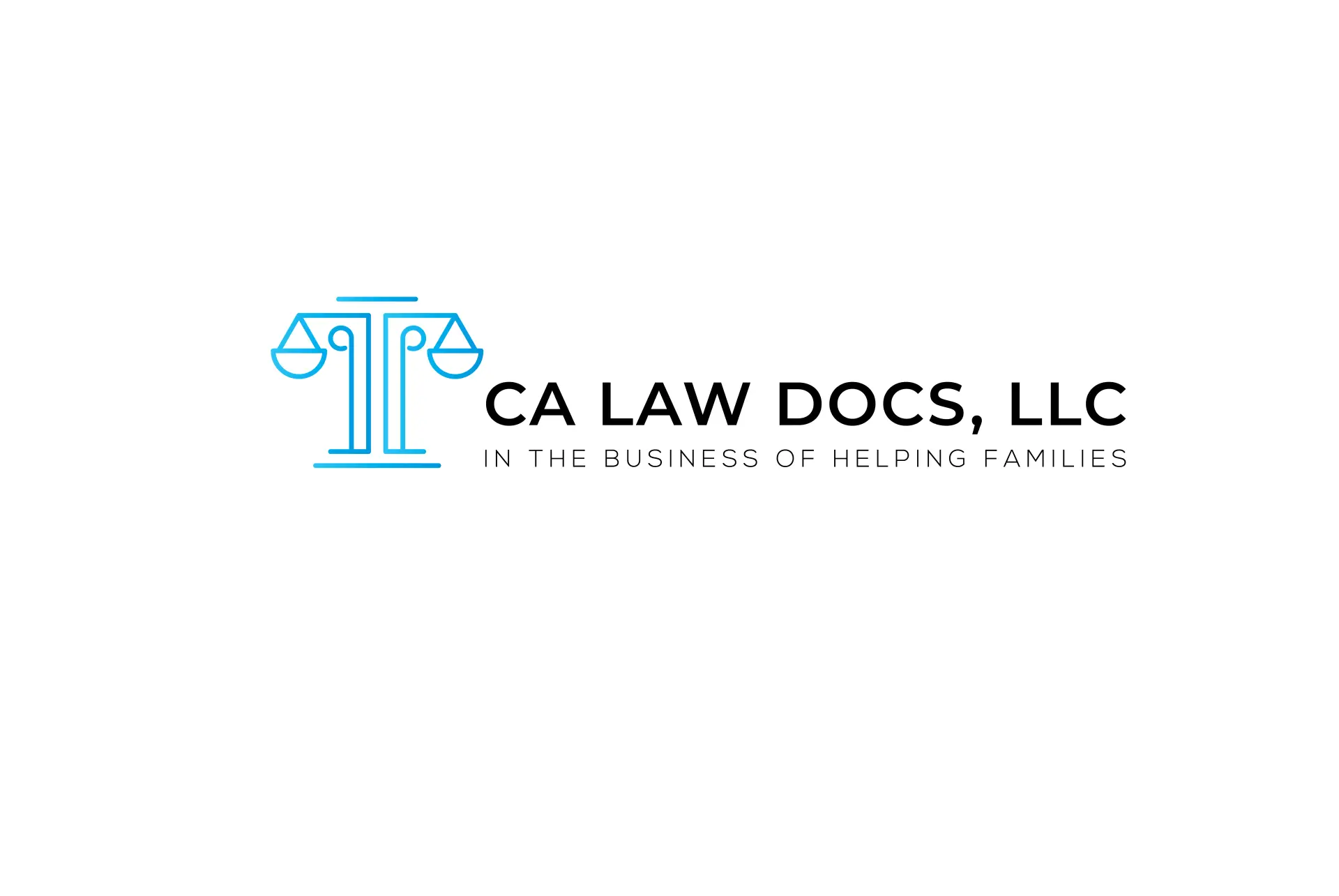Epstein and Watts Calculations for Community Property Interest: A Comprehensive Overview
In California family law, Epstein and Watts credits are two key financial adjustments made when dividing community property in a divorce. These credits affect how courts allocate financial responsibility between spouses for post-separation expenses and use of community assets.
1. Epstein Credits – Reimbursement for Post-Separation Payments
Definition and Purpose
Epstein credits stem from the case In re Marriage of Epstein (1979) 24 Cal.3d 76, where the California Supreme Court established that a spouse who uses separate property (i.e., post-separation earnings or other separate funds) to pay community debts may be entitled to reimbursement.
Key Considerations
- The spouse seeking Epstein credits must demonstrate that they used separate property to pay a community obligation.
- Common claims include payments for:
- Mortgage payments
- Car loans
- Credit card debts incurred before separation
- Medical expenses
- Other financial obligations classified as community debts
- The right to reimbursement may be waived if the payments were made voluntarily without expectation of reimbursement.
- Credits may be denied or reduced if:
- The paying spouse was using the property (e.g., living in the family home).
- The payment was intended as a gift.
- The debt was already accounted for in temporary support orders.
Calculation of Epstein Credits
- Identify the total amount paid post-separation.
- Determine whether the payments were for community obligations.
- Deduct any amounts where the spouse received offsetting benefits (e.g., use of the home).
- Present an itemized accounting of each payment, including dates, amounts, and sources of funds.
Arguments in Court
- Supporting Epstein Credits: Provide evidence (bank statements, receipts, canceled checks) proving that separate funds were used to pay off community obligations.
- Opposing Epstein Credits: The other spouse may argue:
- The payments were voluntary.
- The payments were a form of spousal support.
- The claiming spouse benefited from continued use of the asset.
2. Watts Charges – Compensation for Exclusive Use of Community Property
Definition and Purpose
Watts charges originate from In re Marriage of Watts (1985) 171 Cal.App.3d 366, which allows a spouse who did not have access to a community asset post-separation to seek reimbursement for the other spouse’s exclusive use of it.
Key Considerations
- Commonly applied to the family residence when one spouse remains living in the home after separation while the other moves out.
- The occupying spouse must compensate the other spouse for their share of the fair rental value.
- Applies to other assets, including:
- Rental properties where one spouse collects rental income.
- Vehicles, businesses, or other valuable assets used exclusively post-separation.
Calculation of Watts Charges
- Determine the fair rental value of the property.
- Multiply the fair rental value by the duration of exclusive use.
- Divide by two to reflect the community property division.
- Deduct any amounts offset by mortgage payments made by the occupying spouse.
Example Calculation
Fair market rent: $3,000/month
Spouse A lives in the home for 12 months post-separation.
Total rental value: $3,000 × 12 = $36,000
Spouse A owes half to Spouse B: $36,000 ÷ 2 = $18,000
If Spouse A made mortgage payments of $12,000, Watts charges may be reduced.
3. Interplay Between Epstein and Watts Credits
In many divorce cases, Epstein credits and Watts charges offset each other. Courts balance these claims by:
- Awarding Epstein credits for debts paid by a spouse who was not living in the home.
- Awarding Watts charges to the spouse who was not benefiting from community property.
- Netting the two against each other to determine the final reimbursement.
Example: Combined Epstein and Watts Calculation
Epstein Credits: Spouse A paid $10,000 in mortgage payments.
Watts Charges: Spouse A’s exclusive use of the home results in a $15,000 charge.
Net Result: Spouse A owes Spouse B $5,000 ($15,000 Watts - $10,000 Epstein).
4. Conclusion
Epstein credits, and Watts charges are crucial financial considerations in California divorce cases. Whether seeking reimbursement or disputing claims, understanding these calculations and presenting strong evidence can significantly influence the court’s decision. Proper documentation, expert testimony, and strategic legal arguments can be the difference between a successful claim and a denied request.
